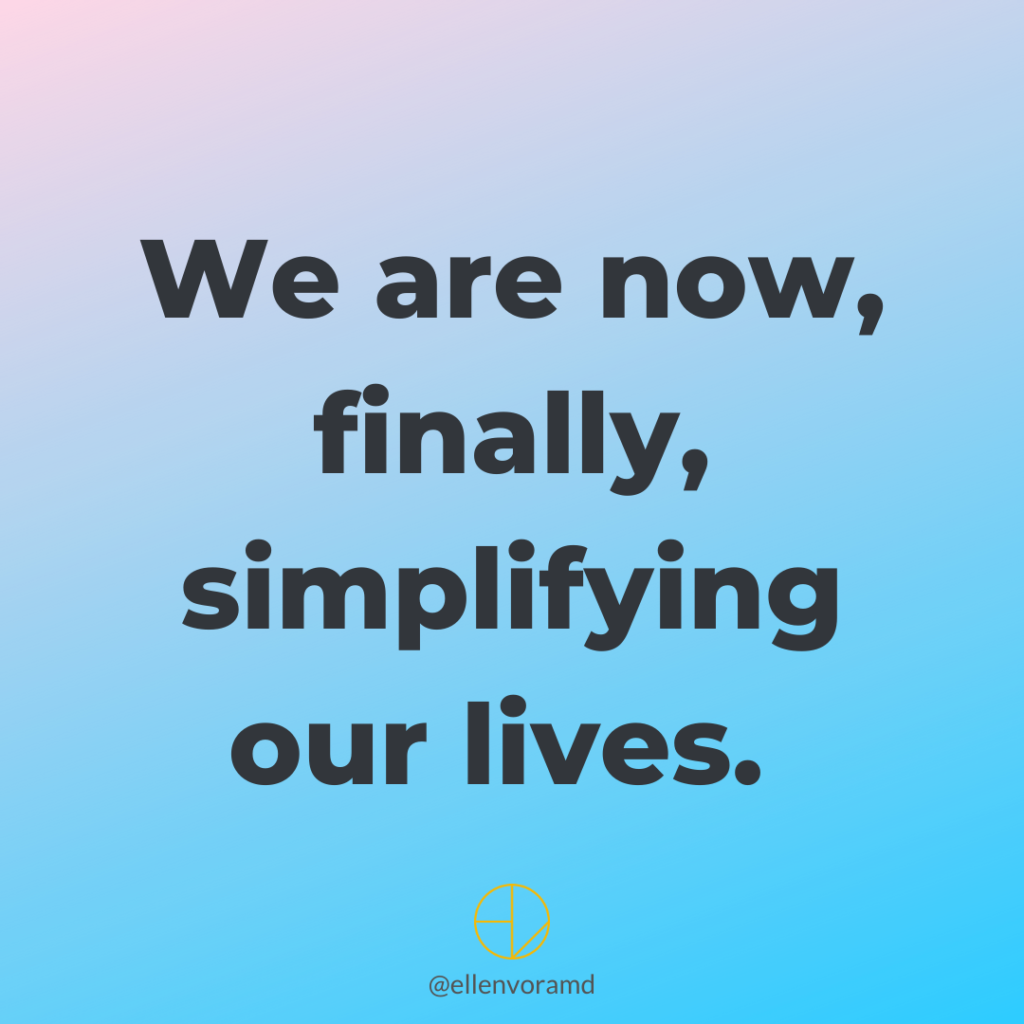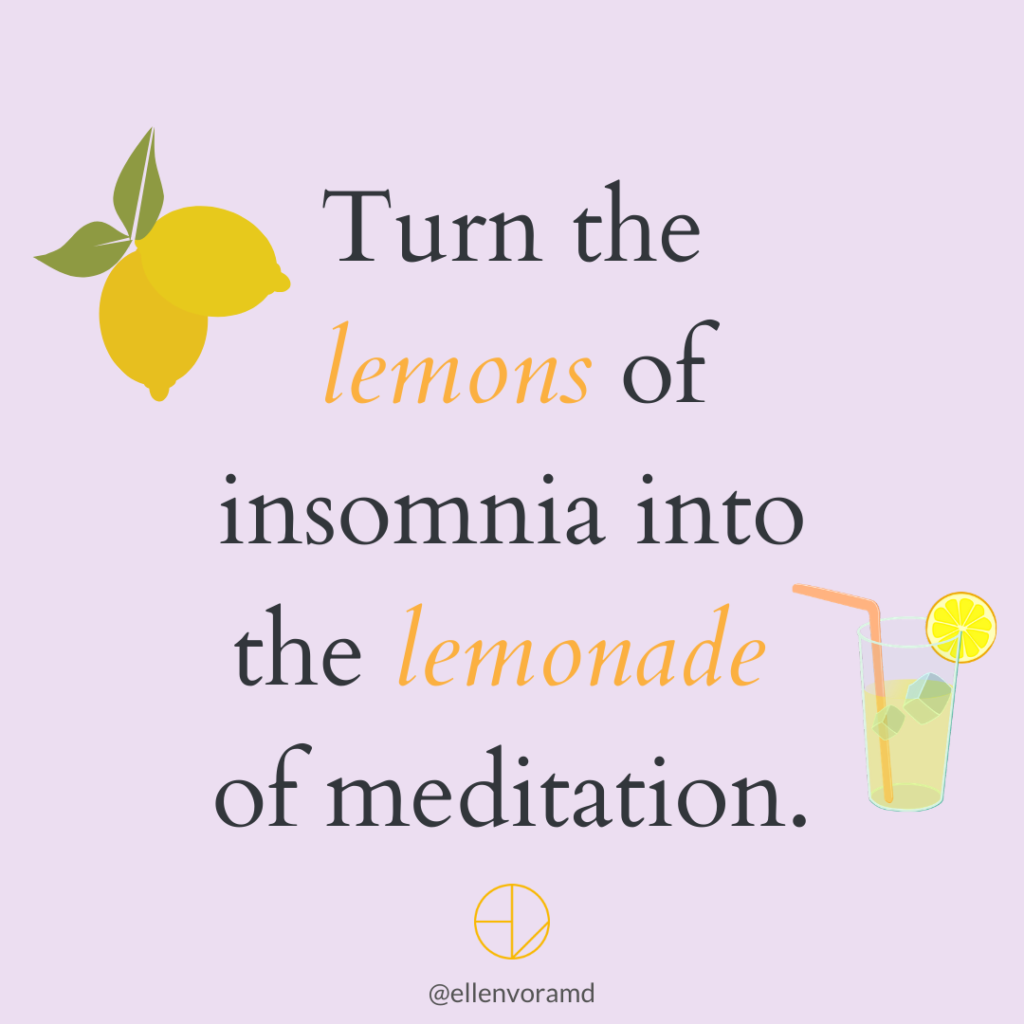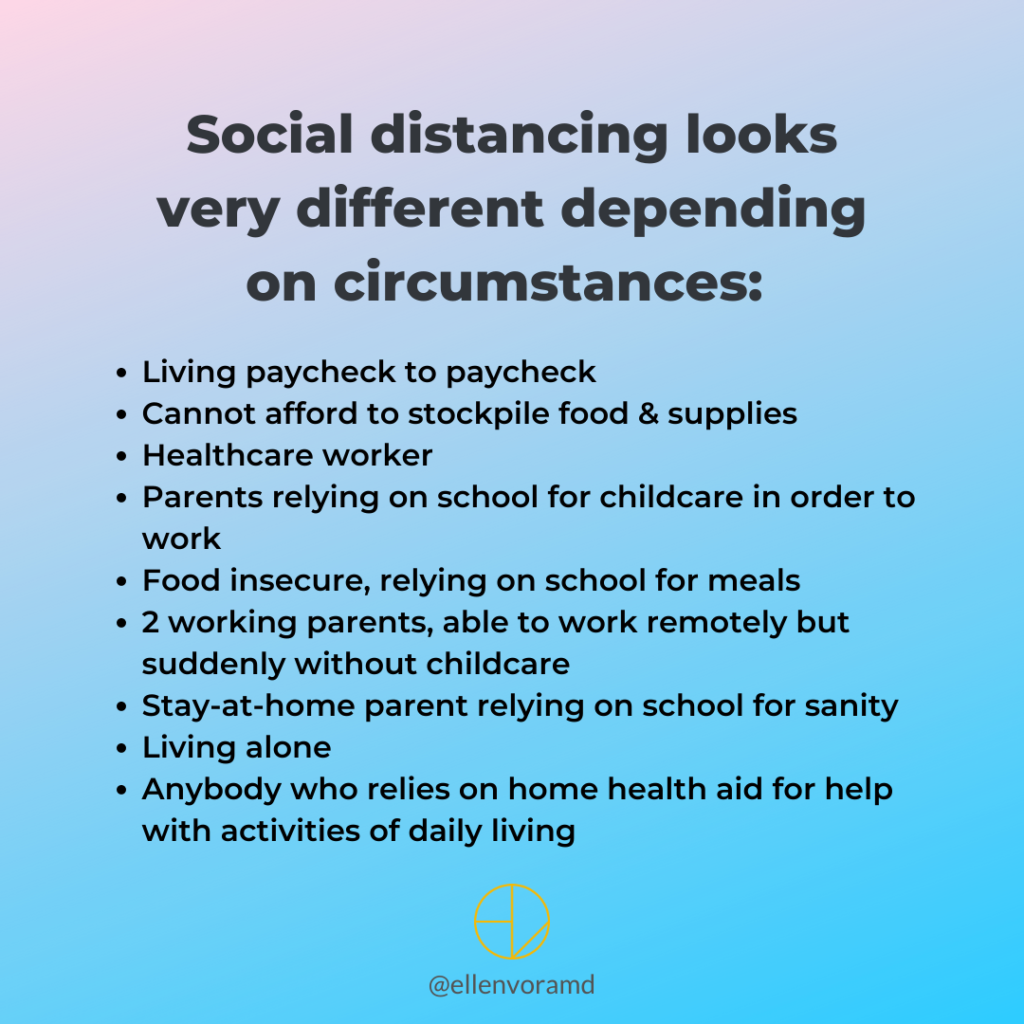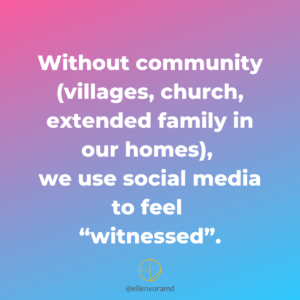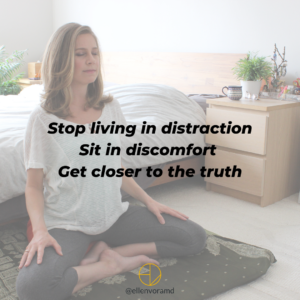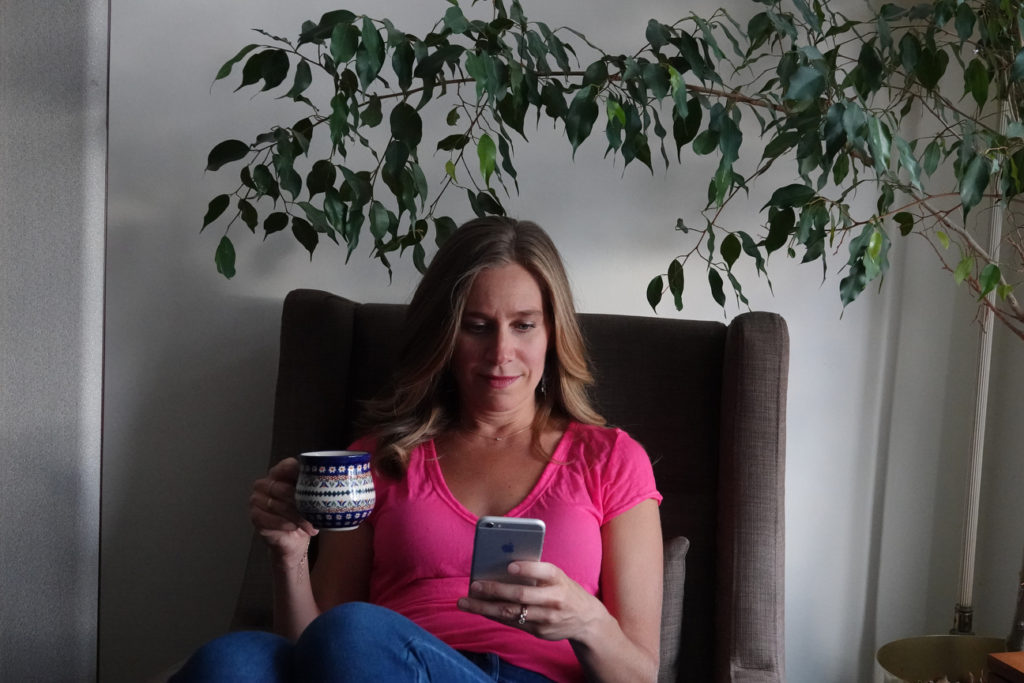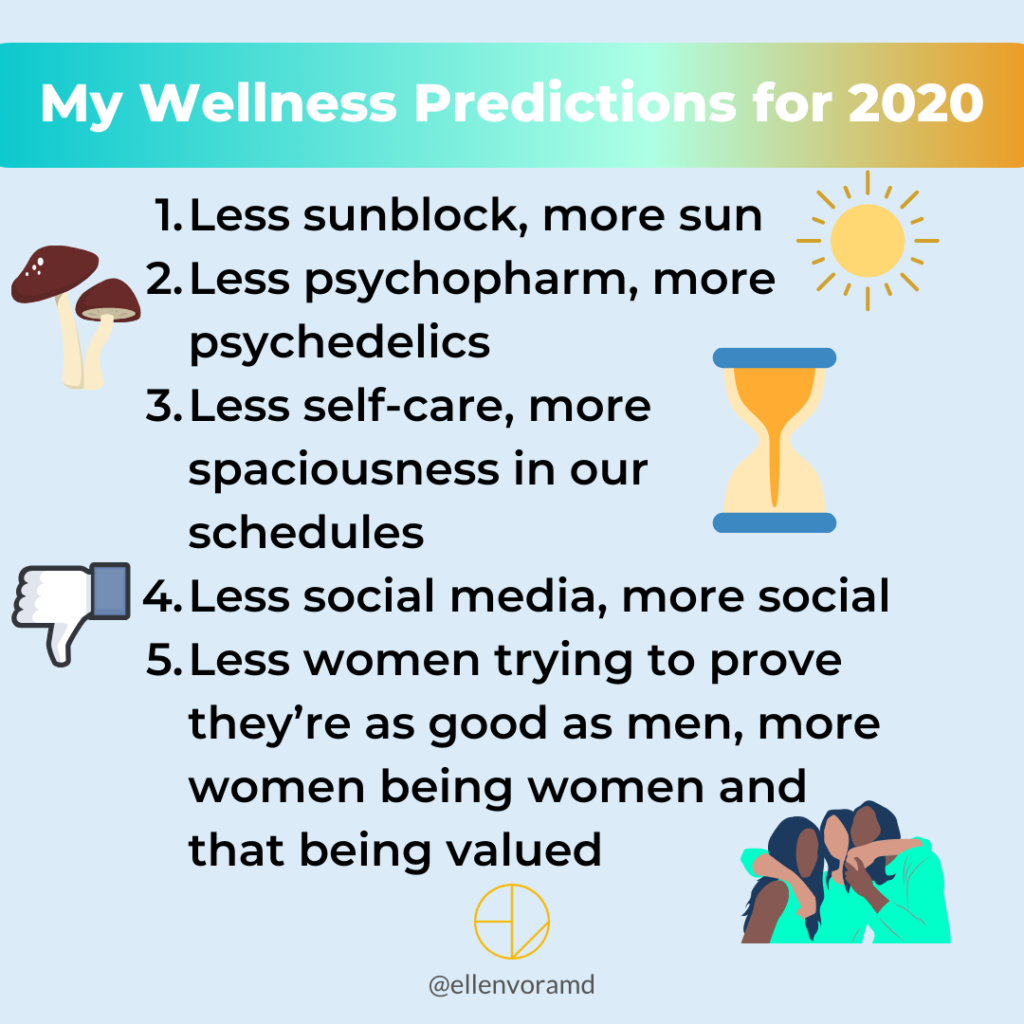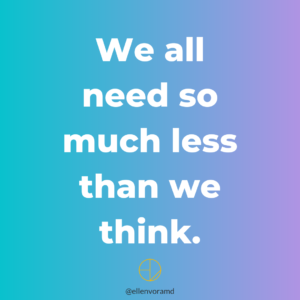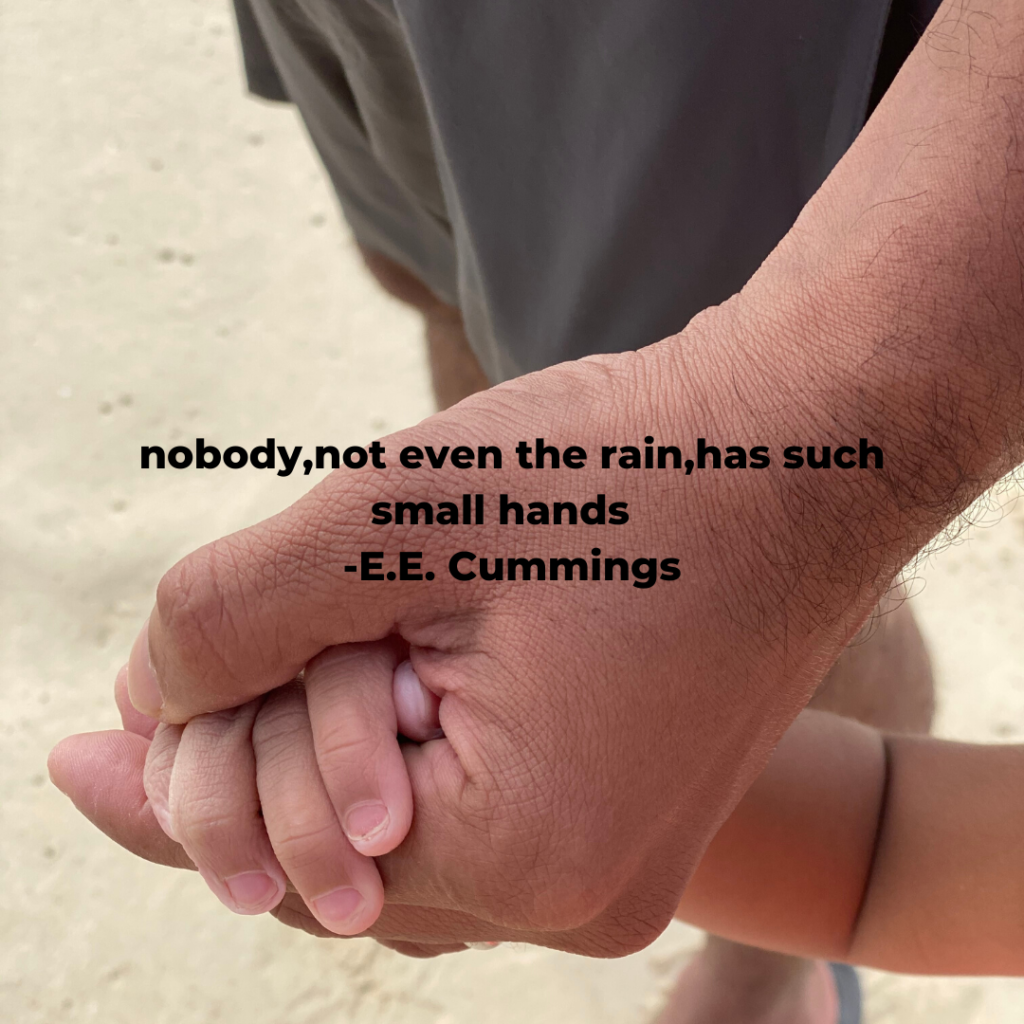
When my husband holds my daughter’s hand, he runs his thumb back and forth, measuring the size of her hand. Over the years, this has been a tool for tuning in to her growth and the passage of time. A small action like this can be an instrument of mindfulness, allowing us to wake up to the present moment. What tiny hands are growing in your life? How do you remind yourself to wake up and witness the impermanence and heart-aching glory of it all?
